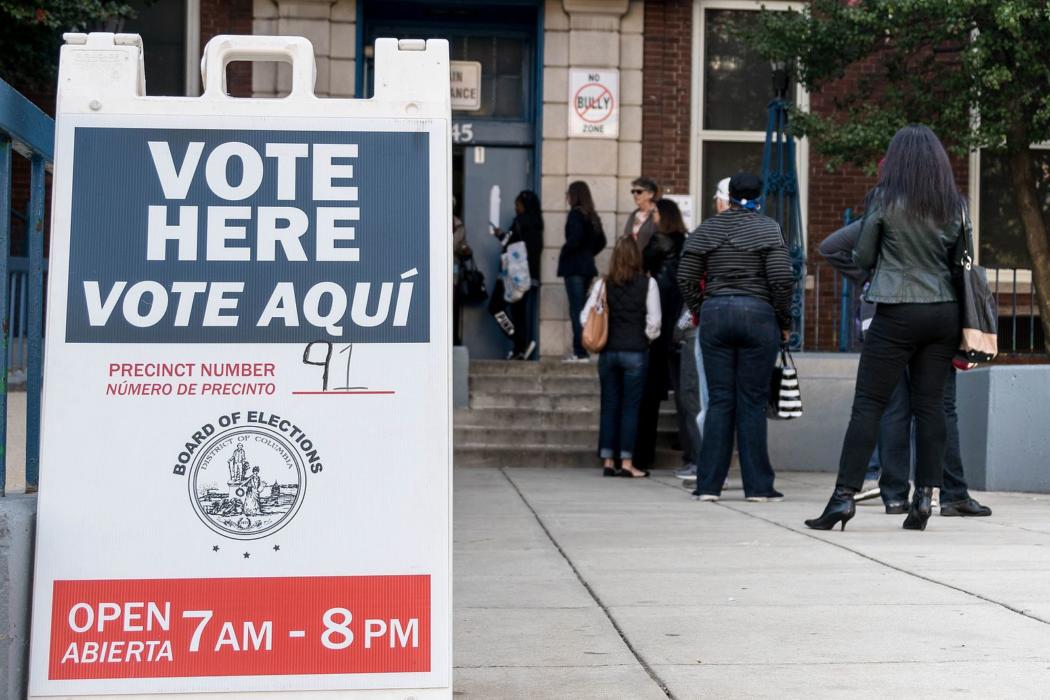Alabama Senate candidate, disgraced judge and accused child molester Roy Moore has never been a shrinking violet. Much like Donald Trump, he has made a career of being an obnoxious, spotlight-grabbing loudmouth, using hot button issues for social conservatives to keep himself in the headlines.
And yet, on the eve of his potential election to the United States Senate, Roy Moore has disappeared from view.
Roy Moore’s evangelicalism is his calling card, but on the Sunday before the special election that could send him to the Senate, he skipped church.
He didn’t worship at his usual hometown service, which some reporters had staked out in hopes of catching a glimpse or asking a question of the elusive Republican candidate. He didn’t visit any other congregations, either.
“Out of respect for people who want to worship without reporters hanging over their heads gawking, no, he did not attend church this morning,” Moore adviser Brett Doster told BuzzFeed News.
In the final days of a race that has put Alabama under a national political spotlight that doesn’t often shine here, Moore has made himself scarce. He hasn’t held a public event since a Tuesday rally with right-wing provocateur Steve Bannon and isn’t scheduled to return to the campaign trail until Monday evening — for an Election Eve encore with Bannon.
Moore’s campaign truancy is strategically understandable: the more visible he is, the more opportunity for uncomfortable questions about his past.
It’s possible that Moore is confident of victory and simply doesn’t want to change the narrative for the worse. The polling average shows Moore slightly ahead, though modeling turnout for this election is almost impossible. If Moore is set to win, then staying out the headlines would seem to be the right play. But it could backfire as well as by failing to energize his base at a crucial time. It is highly unusual for a politician to hold no events on the weekend before election day, and if Moore loses many will second-guess his decision. Also, if Republicans were confident of victory it seems unlikely that Donald Trump would have recorded a robocall for Moore in the final days.
But it’s also possible that Moore is significantly behind where his campaign needs him to be, and they’re hiding him to minimize any further damage. This seems less likely, but it’s entirely possible. The campaign’s late advertising is de-emphasizing Moore himself and focusing on Trump’s endorsement. That, too, is not the sign of a confident campaign. If nothing else, it makes the campaign appear unconfident, which itself could have negative effects on turnout.
The bizarre situation has led to speculation that Moore may be in Philadelphia to watch the Army-Navy football game.
Confronting accusations that he harassed or molested teenage girls, Moore hasn’t held a public event since Tuesday, a decision that has perplexed some Republicans given the closeness of the race. Two Republicans briefed on Moore’s schedule before this weekend said he intended to spend Saturday in Philadelphia at the Army-Navy football game — a long-planned trip that the West Point grad had insisted he would still take this year despite the election.
One of those Republicans, who expressed concern about Moore’s absence, said that the planned trip was discussed with Moore’s campaign within the last few weeks and the candidate determined to go — case closed.
Moore’s campaign declined repeated requests to discuss his whereabouts and refused to say whether he had in fact gone to Philadelphia. His absence has baffled local and out of town reporters, some of whom staked out Moore’s church on Sunday morning only to be informed that he wouldn’t be attending.
It’s just another layer of strangeness in a campaign that has seen the Republican Party, faced with no good options, stoop to a new low.



